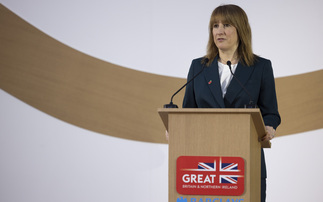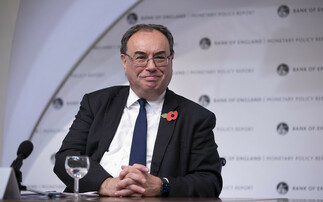
To meet global climate goals, oil consumption will have to shrink dramatically over the coming decades.
The sources of the barrels that are still needed, and those that are not, will have profound effects of the economic performance and creditworthiness of oil-producing countries.
"We think the fortunes of oil-dependent nations… will largely be determined by economics, with low-cost producers continuing to satisfy reduced demand levels and high-cost producers increasingly marginalised," says Court Gilbert, Senior Credit Analyst at LGIM.
To identify the winners and the losers, LGIM's energy Global and Research and Engagement Group created a global cost curve using estimates of the average cost per barrel of each country. They then adjusted that cost curve by adding an estimated cost of carbon emissions per barrel on a scope 1-3 basis.
"Including these carbon costs shifts the overall cost curve higher and affects the competitiveness of each country's barrels," says Gilbert. "Highly exposed, high-cost producers such as Libya look particularly vulnerable, while Saudi Arabia's significant oil dependence is mitigated by very low production costs."
"We will never be able to account for every variable," he adds. "But our framework does shed light on which countries should have oil industries which should continue to thrive and which will need to promote growth - vigorously - in other areas of their economies to fill the gap left by oil production the world will no longer need."
To further explore oil-producing winners and losers, read LGIM's exclusive Spotlight guide













